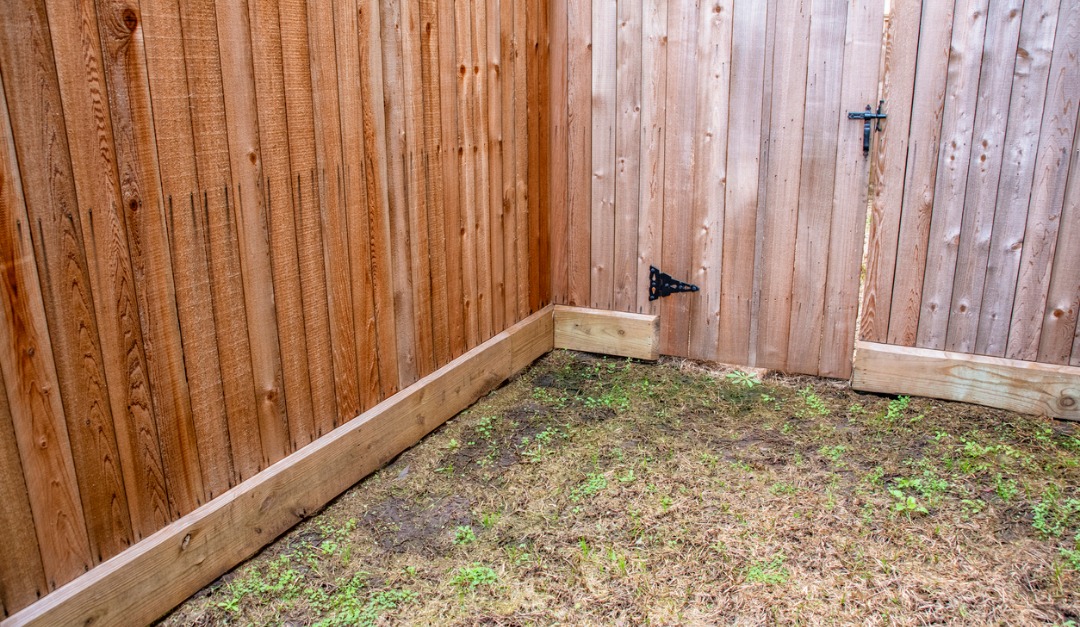Erosion can wash soil and stones down a slope and cause them to pile up at the bottom. If your property has a steep slope, ask a landscape architect or structural engineer for advice on the best way to reduce erosion.
Use Vegetation and Mulch to Prevent Erosion
Plants can create ground cover, stabilize the soil and reduce runoff. Choose species that are native to your region and use a mix of plants that have roots that grow to different depths to cut down on erosion.
Overseed the lawn to fill in bare spots and increase root density. A yard covered with grass will help keep the soil in place.
Plant trees or bushes near areas where the yard slopes to reduce runoff. Grass on a slope is less effective when it comes to preventing erosion since many grass species have shallow roots. You might be able to use hydroseeding, a method of spraying several species of grass seeds, along with fertilizer, on an incline to fight erosion.
Mulch may be a good choice if your yard has a gentle or moderate slope. You can use 1 to 2 inches of wood chips, gravel, leaves, pine needles, compost or other materials as mulch to stabilize the soil and reduce the amount of runoff.
Divert and Capture Water
If water runs down a hill, instead of fighting it, use it to your advantage by planting a garden at the bottom of the hill to absorb moisture. You can use features such as stones to direct the flow of water.
A water catchment system can collect rainwater that you can use in a garden. Another option is to install a terrace or retaining wall to prevent soil erosion. If you don’t know how to build one yourself, hire a contractor. Your local government may require a permit for a retaining wall.
Use the Right Amount of Water in Your Yard
Arrange plants in your yard based on the amount of water they require. That will make it easy to give each type of plant the amount of hydration it needs so you don’t waste water and create unnecessary runoff that contributes to erosion.
Letting water soak into the ground encourages plants to grow deep roots, which can stabilize the soil. Give the plants a deep watering every two or three days. You may need to adjust your watering schedule during particularly dry or rainy periods.
Don’t Let Erosion Ruin Your Yard
Erosion can cause major damage to a yard if it’s left unchecked. There are several ways to deal with the problem, but choosing the right approach depends on the layout of your property. If you aren’t sure what to do, ask a professional for advice.











